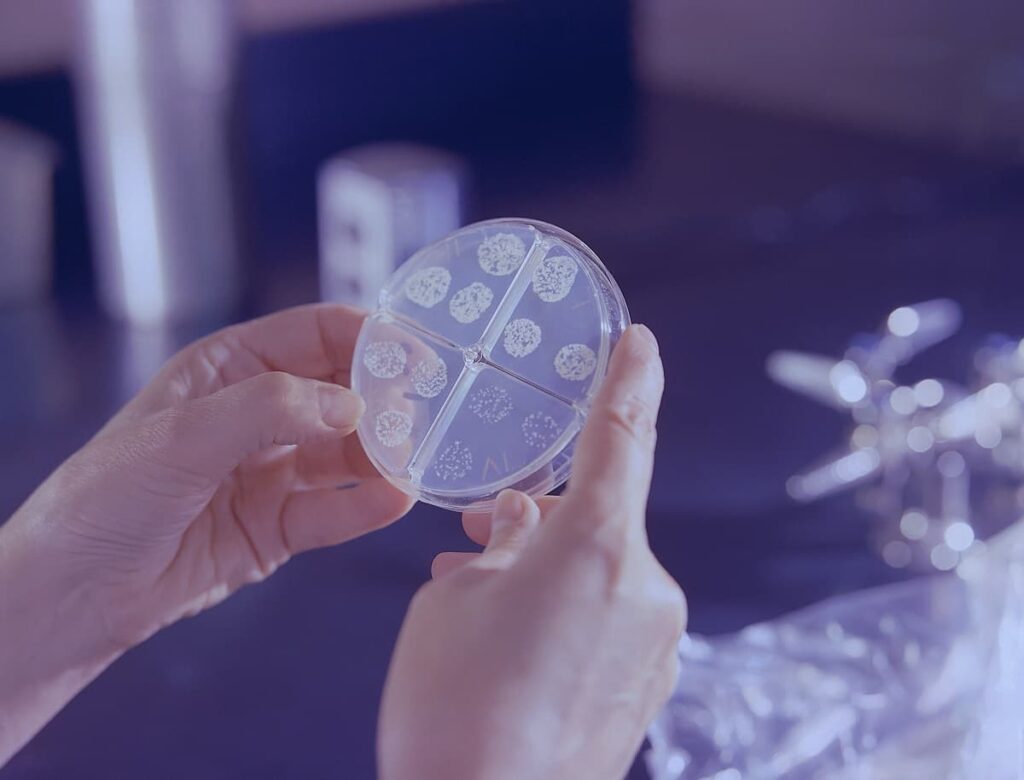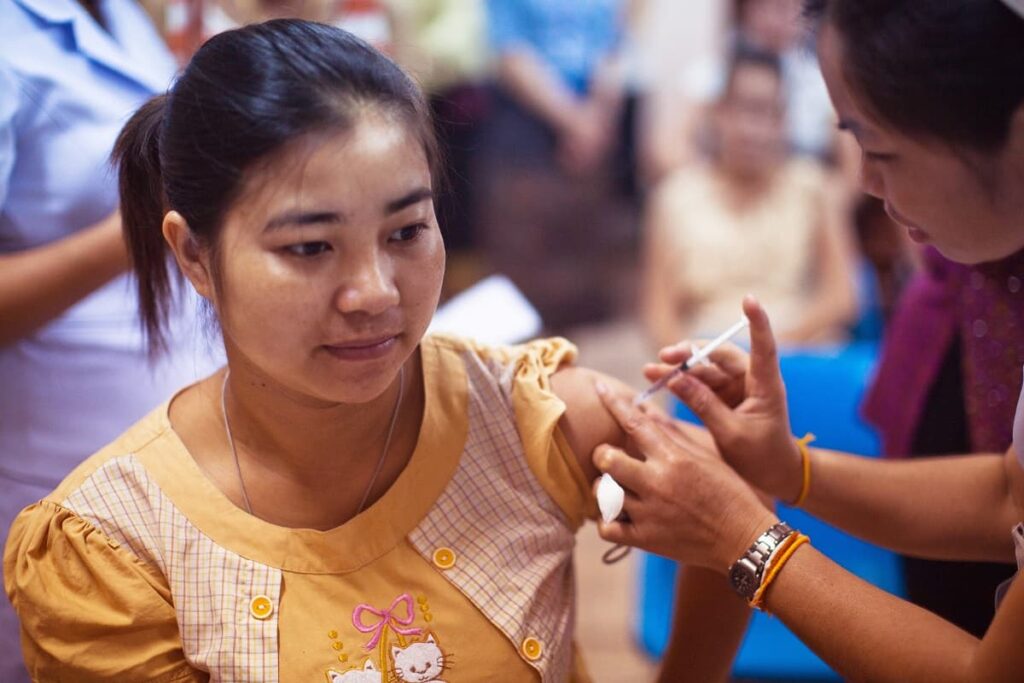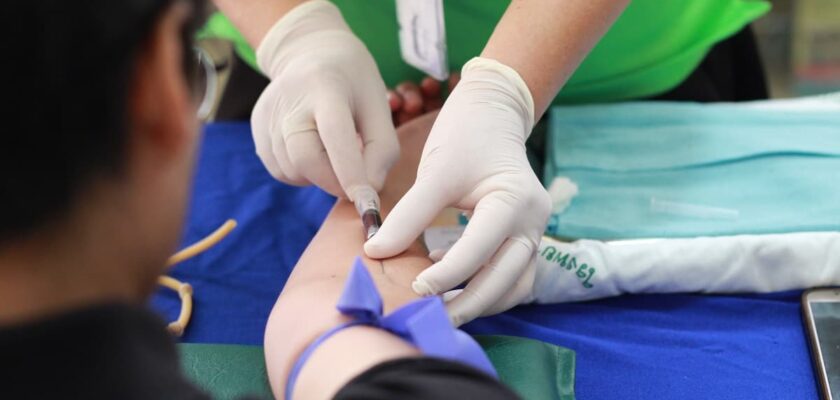Monoclonal antibodies are one of the most promising treatments for mild or moderate COVID-19 infections. It can also reduce the risk of infection or disease severity. They are like human body antibodies but have a better ability to fight the coronavirus. Currently, you can only receive monoclonal antibody treatment if it’s an emergency.
Production of Monoclonal Antibodies
In the human body, your immune system handles antibody production for every type of infection. White blood cells then store memory cells, enabling them to make the same antibodies quickly if you are the same germ again.
To produce monoclonal antibodies (mAbs), scientists introduce a specific antigen to a lab mouse. The antigen fuses with its spleen’s polyclonal B cells, which they will later remove. To make them last longer, they combine them with the myeloma cells to produce hybridoma cells.
Then they place them in a medium that only grows hybridomas, so the remaining myeloma cells cannot grow, and the B cells die. The scientist will then screen the grown hybridomas for the target mAbs, to select those producing them and grow them in tissue culture. They harvest the cultures after a period before purifying the mAbs.

How Do They Work
Clinicians use mAbs to reduce viral load and lessen symptoms during an infection or reduce hospitalization.
When they enter your body, they attach to the spike protein of the virus, where they prevent it from attacking and entering your cell membrane. Therefore, slowing down the infection rate and giving the body enough time to make their own Abs.
However, you cannot use the mAbs as a vaccine, although it is highly effective. Researchers are conducting more clinical trials to monitor their safety and effectiveness.
Eligibility To Receive Monoclonal Antibody Therapy
To be eligible to receive this treatment, you need to:
- Be at high risk for developing severe.
- Test positive for COVID-19 with mild symptoms or asymptomatic
- Be between 12 years and 65 years, weighing at least 40 kg.
- According to CDC growth charts, have a BMI of > 25kg/m² for those within the 12-17 age group. They need to have ≥ 85th percentile of their age and gender.
High-risk people include those who have:
- Diabetes
- Pregnancy
- Cardiovascular diseases such as hypertension
- Weakened immune system
- Down syndrome
- Liver disease
- Chronic kidney disease
- History of substance abuse
- Medical-related technological dependence
- Sickle cell anemia
- Any other condition that puts you at high risk of developing severe COVID-19 infection
If you have had exposure to the virus, they can give you post-exposure treatment consistent with the CDC’s contact criteria. You can also get the treatment if:
- High risk for developing severe COVID-19 and
- You have not received the total vaccine dose, or you received the full dose but are immunocompromised
- 12 years of age or older
- At least 25kgs
To be more effective, you need to receive mAbs therapy during the early stages of infection, when the symptoms are not so severe. It will help slow down the progression rate of the disease.
FDA guidelines require therapy providers to ensure that the treatment is always available to patients who are more likely to benefit from it. Therefore, they give priority to those with the highest risk of infection.
Who Should Not Receive the Monoclonal Antibody Therapy
Although there is little information on the effects of the therapy on pregnant women or the fetus, the risk of receiving the treatment may outweigh the benefits. Therefore, it is essential to discuss your options with your doctor if you are at high risk of contracting the disease.
Administration of The Therapy
The clinician administers the monoclonal antibody therapy through intravenous (IV) infusion. In the IV method, the entire process takes about an hour. Then you’ll be under observation and treatment for another hour.
They can also give it as a subcutaneous injection if it’s for preventive purposes. You’ll receive four shots on the arms, thighs, and stomach on the same day. Each shot takes about 10 minutes to administer.
The potential side effects include allergic reactions such as
- Nausea
- Headache
- Fever and chills
- Shortness of breath
- Muscle aches
- Wheezing
- Low blood pressure
- Itches or hives
- Selling of throat, lips, and face
The following are serious side effects that you may experience:
- It could affect your body’s ability to fight off SARS-CoV-2 infections in the future.
- It may lower your immune response to SARS-CoV-2 vaccines.
Injections can also cause pain, bleeding, soreness, swelling, and the possibility of infection, although these are not side effects of the therapy.
Researchers are still studying the therapy to see if there are any other side effects that we don’t know. Before receiving any treatment, consult your doctor if you have any doubts.
After receiving the treatment, do not take the vaccine until 90 days are over, even if it’s the second dose of the vaccine.

Monoclonal Antibody Treatment and Isolation
If you test positive for COVID-19, you must remain isolated, regardless of whether you have received therapy. Therefore, you need to stay away from family and friends for ten days from the day you test positive or after the first symptoms.
Also, stay away for another 24 hours after the symptoms disappear and you’ve no fever. Ensure to maintain social distancing at all times.
Conclusion
Monoclonal antibody treatment has a high effectiveness rate in helping people deal with the novel coronavirus SARS-CoV-2—a life-saving treatment option for people at high risk who need emergency treatment.
You can always contact your health provider to ask about your option and eligibility to receive the treatment.

